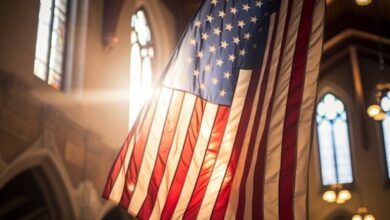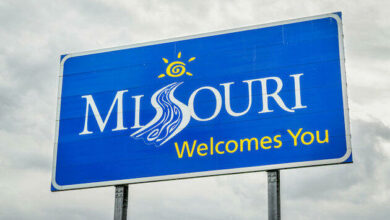Missouri’s wage hike takes effect, small business holds breath
Beginning today, people entering the workforce and receiving minimum pay will now make $8.60 per hour, up from $7.85 in 2018. With the passage of Proposition B in November’s election, the wage will increase 85 cents a year to reach $12.00 in 2023.
The campaign committee supporting the ballot measure was Raise Up Missouri. It was criticized during the election cycle by Democrats, who generally support a higher wage, for accepting large outside contributions from organizations that don’t report their donors. Among the organizations opposing the wage hike was the St. Louis based free-market group Show-Me Institute.
Attempts to increase the minimum wage by the state’s two biggest cities was blocked by the Republican-dominated state legislature in 2017. It passed a law preempting a city ordinance in St. Louis that would have set wages at $11.00 in 2018. It also prevented an increase to $15.00 by 2022 in Kansas City that city voters had approved by a 75% margin.
The action by the legislature is seen as saving thousands of small mom-and-pop businesses who could not afford the higher wages for the entry-level jobs they often create. The minimum wage was never created as a substitute as a “living wage” but rather a minimum amount to encourage young people to enter the workforce, gain experience and move on to jobs requiring higher levels of skill and, consequently, higher wages. Over the years, however, Democrats and labor activists have said it must be a “living” wage, able to support a family of four and thus ignoring the original intent of the law.
A minimum wage hike had actually gone into effect in St. Louis after legal wrangling in the courts a week before the legislature passed its measure barring the increase. St. Louis went through a four-month period in 2017 before the law went into effect in which its minimum wage was $10.00 before reverting to $7.70, the minimum pay benchmark at the time.
After the new minimum wage increase tops out at $12.00, further hikes will be tied to the cost of living, a standard that has been in place since 2008.
According to the National Employment Law Project, Missouri is among 19 states and 21 cities to phase-in minimum pay hikes in 2019.
Before passage of Proposition B, minimum wage ballot measures have had mixed results in Missouri. In 1996, more than 71% of voters rejected Proposition A, that would have increased the state wage from $4.25 in 1996 to $6.25 in 1997 and an additional $0.15 each year thereafter. But Proposition B in 2006 was approved by a 76% margin. It increased minimum pay from $5.15 in 2006 to $6.50 in 2007 and ushered in the Consumer Price Index adjustment.
Proposition B was approved by a 63%-to-38% margin in November.
According to the Missouri Department of Labor, employers in retail or service businesses whose annual gross income is less than $500,000 are not required to pay the state minimum wage. Those businesses are not subject to the minimum wage law can pay employees wages of their choosing. Tipped employees must be paid half of the state minimum wage rate.
The increase in the wage is expected to increase the cost of everything from fast food, to retail sales, to lawn services.






